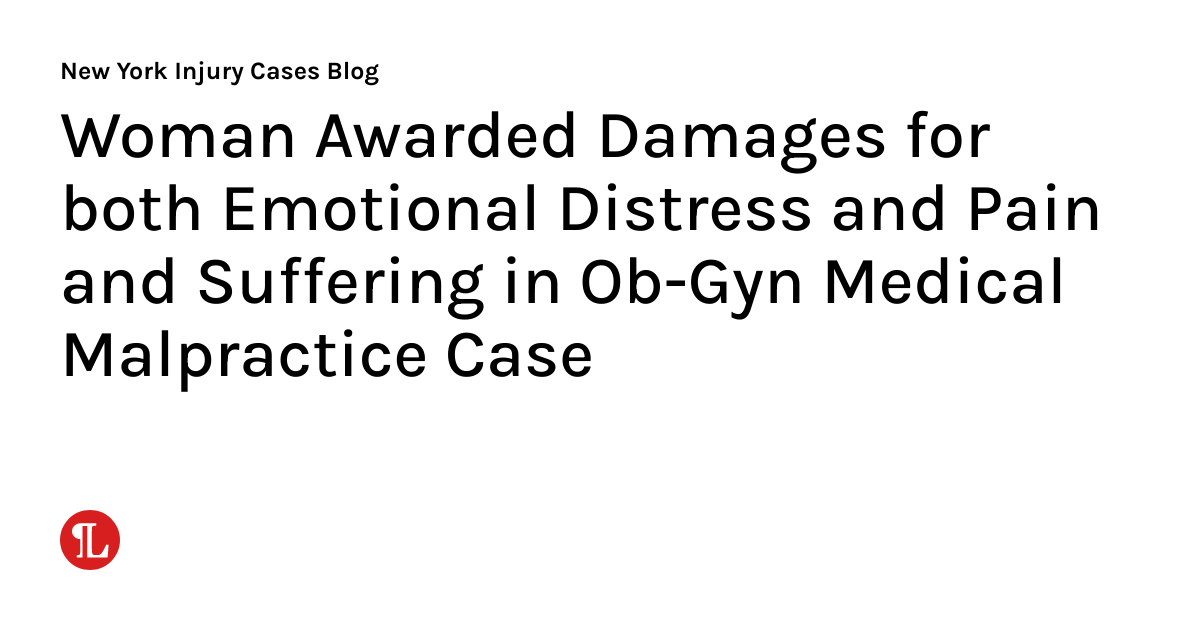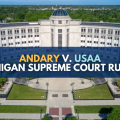On November 22, 2013, Dorian Wilson went to the emergency department at Kingsbrook Jewish Medical Center in Brooklyn complaining of stomach and flank pain. She reported that she’d taken a home pregnancy test the day before, which was positive. After various tests at the hospital, Ms. Wilson, then 25 years old, was diagnosed with an ectopic pregnancy and given Methotrexate, a chemical abortion, to terminate the pregnancy.
Over the next two weeks, Ms. Wilson sought additional medical opinions and learned she’d been misdiagnosed and that her pregnancy had in fact been normal. As a result of the detrimental and irreversible effects of the Methotrexate (it can cause devastating birth defects), though, Ms. Wilson was forced to undergo a dilation and curettage (D&C) procedure, to terminate her pregnancy.
Ms. Wilson sued her obstetrician-gynecologist claiming that he should not have ordered Methotrexate for her. The Kings County jury agreed and then awarded her damages in the sum of $1,500,000 which included $250,000 for pain and suffering (five years – all past) and $1,250,000 for mental suffering, emotional and psychological injury (not broken down as to past and future).
The jury’s verdict as to liability was upheld on appeal in Wilson v. Finkelstein (2d Dept. 2024) as was the pain and suffering award but the appeals court reduced the award for emotional distress to $700,000.
The pain and suffering award was essentially for pain plaintiff endured from the Methotrexate and subsequent abortion, as well as her persisting inability to enjoy and experience the pleasures of life.
The emotional distress damages were much more significant. Upon being advised that her child could be born with brain damage, heart deformities and missing body parts, and advised to terminate her then confirmed intrauterine pregnancy, Ms. Wilson was distressed, initially repeatedly declined to undergo the termination procedure and she could not eat or sleep, and suffered from anxiety attacks.
Afterwards, plaintiff felt extremely guilty about her decision and sought counseling from the pastor at her church, who she prayed with and sought guidance from over six months, about 2-3 times a week. Her grief affected her social, family and intimate relationships. She testified that her guilt remains with her to this day, and that she relives her grief often. She told the jury she felt like she was left with a scar that continually reopens and that she needs guidance to help her get through it.
Inside Information:
- The defense took a “no pay” position refusing to make any settlement offer before the verdict. Plaintiff’s attorney, John Bonina, persisted on a difficult, hard-fought case and the ultimate result was outstanding.
- As a devout Christian, plaintiff did not believe in or want to undergo an abortion.
- There was not much medical evidence to support plaintiff’s emotional distress claim. She never received any psychological treatment or counseling and the church pastor with whom she consulted had moved to Florida and refused to testify.




